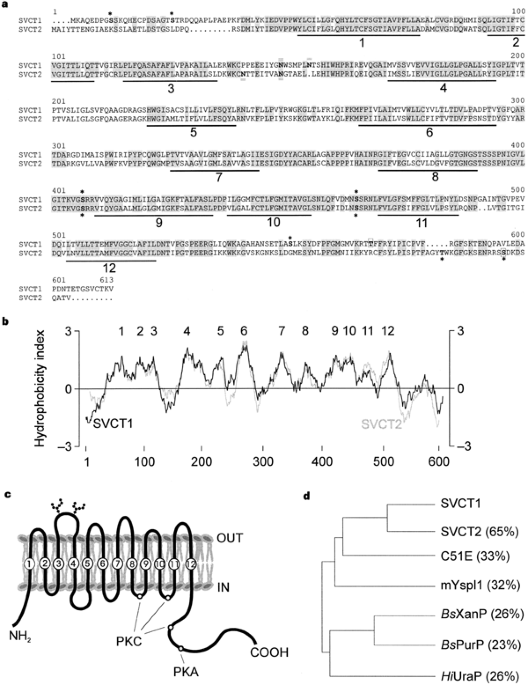- Select a language for the TTS:
- UK English Female
- UK English Male
- US English Female
- US English Male
- Australian Female
- Australian Male
- Language selected: (auto detect) - EN
Play all audios:
Access through your institution Buy or subscribe This is a preview of subscription content, access via your institution ACCESS OPTIONS Access through your institution Subscribe to this
journal Receive 12 digital issues and online access to articles $119.00 per year only $9.92 per issue Learn more Buy this article * Purchase on SpringerLink * Instant access to full article
PDF Buy now Prices may be subject to local taxes which are calculated during checkout ADDITIONAL ACCESS OPTIONS: * Log in * Learn about institutional subscriptions * Read our FAQs * Contact
customer support AUTHOR INFORMATION AUTHORS AND AFFILIATIONS * Department of Physiology, University of Melbourne, Parkville, Australia T Morgan * Hôpital Broussais, Paris, France J Ménard *
Division of Hypertension CHUV, Lausanne, Switzerland H Brunner Authors * T Morgan View author publications You can also search for this author inPubMed Google Scholar * J Ménard View author
publications You can also search for this author inPubMed Google Scholar * H Brunner View author publications You can also search for this author inPubMed Google Scholar RIGHTS AND
PERMISSIONS Reprints and permissions ABOUT THIS ARTICLE CITE THIS ARTICLE Morgan, T., Ménard, J. & Brunner, H. Trough to peak ratio as a guide to BP control: measurement and calculation.
_J Hum Hypertens_ 12, 49–53 (1998). https://doi.org/10.1038/sj.jhh.1000536 Download citation * Received: 02 February 1997 * Accepted: 07 July 1997 * Published: 11 February 1998 * Issue
Date: 01 January 1998 * DOI: https://doi.org/10.1038/sj.jhh.1000536 SHARE THIS ARTICLE Anyone you share the following link with will be able to read this content: Get shareable link Sorry, a
shareable link is not currently available for this article. Copy to clipboard Provided by the Springer Nature SharedIt content-sharing initiative KEYWORDS * ambulatory BP monitor * BP
variability * circadian variation * trough to peak ratio * 24-h BP control







